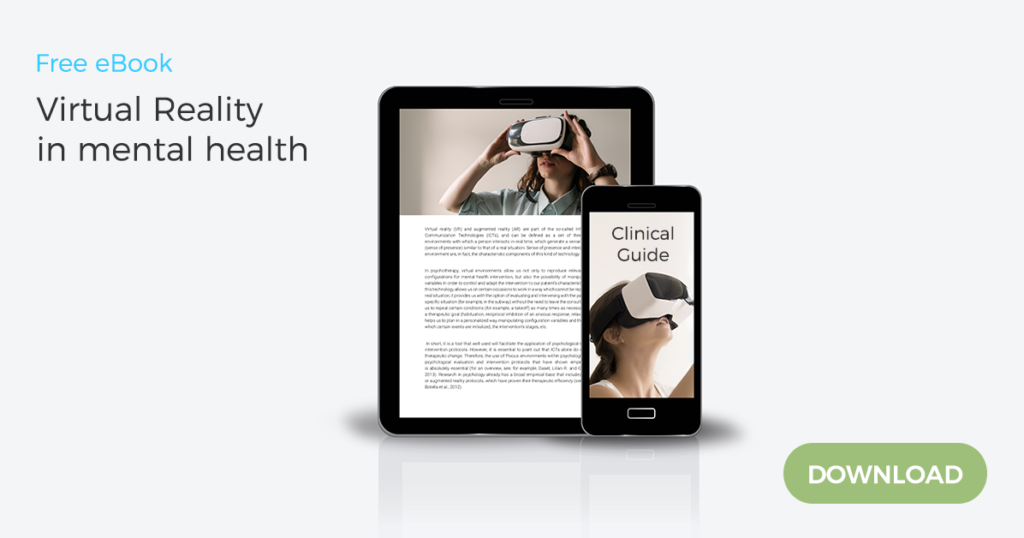Cognitive-Behavioral Therapy is considered the gold standard of psychotherapy, that is, the best standard so far among the types of therapy available.
Among the reasons that support this statement is the fact that it is the most researched form of psychotherapy and that no other treatment has been systematically better than CBT. Likewise, the CBT paradigms follow the line of the main current models (for example, information processing).
Although many clinical trials incorporated weak comparisons as waitlist control groups, numerous studies made valuable comparisons with placebo, treatment as usual (TAU), other psychotherapies and medications, demonstrating a valid empirical treatment.
Cognitive-behavioral therapy is based on the premise that all mental disorders are maintained through cognitive factors. Beck (1970) and Ellis (1962) (cited in Hofmann SG et al., 2012), the pioneers of this model, defend the theory that beliefs, preconceptions, and schemas about ourselves, the world and the future, called maladaptive cognitions, increase our thoughts and automatic responses to certain situations.
Cognitive-behavioral therapy (CBT) aims to change those maladaptive cognitions that are at the base of mental disorders.
Although the treatment techniques are numerous and with considerable differences, the base model of the theory remains the same and sees the patient as an active participant in the process of change and problem-solving.
In a meta-analysis on the efficacy of CBT in the treatment of different disorders, Hofmann S.G. et al., (2012), concluded that cognitive-behavioral therapy is a very effective technique for the treatment of different disorders, especially in the case of anxiety disorders.
The best results were seen in the treatment of OCD, social anxiety, panic, and PTSD, as well as somatoform disorders, hypochondria, body dysmorphic disorders, and bulimia. Compared to other types of therapies, cognitive-behavioral also demonstrated greater efficacy in the treatment of insomnia.
In the case of specific phobias or generalized anxiety, empirical evidence has shown that exposure techniques related to systematic desensitization turn out to be the most effective in reducing fear or anxiety. Virtual reality applied to psychological therapy allows this type of treatment to be practiced without the need of in vivo exposure, guaranteeing greater privacy, allowing repeated exposure and control over the stimuli, adapting the therapy to the patient’s needs.
BIBLIOGRAFÍA
Hofmann S.G., Asnaani A., Vink I.J.J., Sawyer A.T., Fang A. (2012). The Efficacy of Cognitive Behavioral Therapy: A review of Meta-analyses. National Institutes of Health Public Access. 36(5). 427-440David D., Cristea I., Hofmann S.G. (2018). Why Cognitive Behavioral Therapy is the Current Gold Standard of Psychotherapy. Frontiers in Psychiatry. 9. 4.
OTHER ARTICLES THAT MIGHT INTEREST YOU:
What will be the main innovations that will revolutionize medicine in the 2020s?Top 5 digital platforms for therapy











